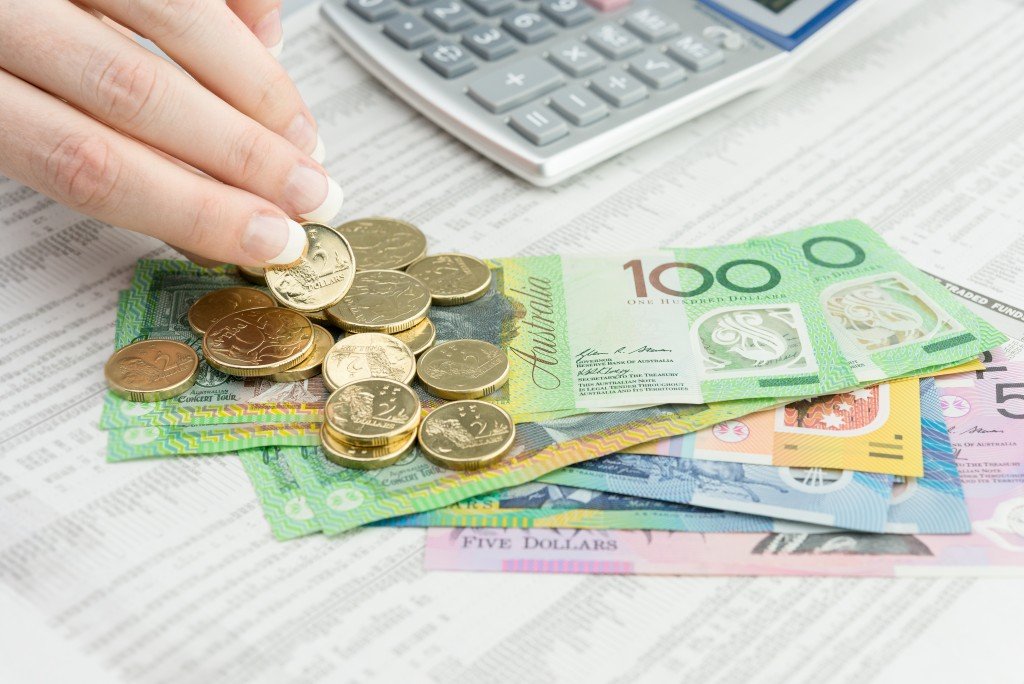The coronavirus pandemic has forced many businesses to scale back or stop operating altogether, resulting in 26 million unemployment applications in the US. Due to the economic lockdown, a lot people are dealing with serious financial hardships. Many are worried about making ends meet and keeping up with their bills.
How do you stay on top of your finances during the coronavirus community quarantine?
-
Take advantage of mobile banking
Digital banking offers a wealth of benefits now that social distancing measures are being strictly implemented. Online banking apps let you transfer funds, transfer funds, and pay bills, among other functions.
If you haven’t yet, open a checking account online on top of your savings account to help manage your finances more effectively. You can build your emergency fund through your savings account and use your checking account for everyday transactions. This method helps you plan your budget better, which is critical in this period of financial uncertainty.
Plus, depositing your money in banks is still the best way to keep it safe. Whether or not you’ve experienced a financial hit, don’t withdraw more cash than necessary. Money kept in banks is insured by federal protections, so you can get it back if it’s taken illegally. Also, you earn interest for the dollars you deposit, albeit slowly, which helps grow your money.
-
File your taxes electronically
Although the filing and payment deadline for your 2019 Federal income taxes has been extended to July 15, it’s wise to file as soon as possible. This way, you can receive your tax refund early as well.
Also, you’ll receive your refund more quickly if you file your taxed electronically. According to the IRS, it’s the safest and fastest way to get your refund.
-
Consider taking your dividend payments as cash

If you have investments that are still paying dividends during the community quarantine, collect them in cash instead of reinvesting them. Cashing your dividends may lower the compounding interest you’d get from automatic investment but, at least, you get to increase your cash reserve. The stock market is extremely volatile, so the money you have on hand right now matters more than your investments.
The great thing about dividends is that they give you cash without you having to sell your shares. When your investment recovers, your existing shares still participate in the rebound.
-
Contact your lenders, loan servicers, and other creditors
Finally, contact your lenders and creditors immediately if you’re struggling with paying your bills and meeting other financial obligations. Negotiate payment options and find out if they’ve established leniencies that can help you during this crisis.
For mortgage and student loans, the Coronavirus Aid, Relief and Economic Security (CARES) Act allows borrowers some forbearance. Payments for federally-backed student loans are suspended until September 30, 2020 whereas homeowners with federally-held mortgage loans can request a forbearance of their mortgage for up to 180 days.
Normally, high-risk financial moves can be lucrative when properly calculated. But in these unprecedented times, it’s wiser to be conservative with your money. There’s no telling when the economy will fully recover from the pandemic and until then, it’s best to be extra careful with where you’re spending, keeping, and investing your money.

